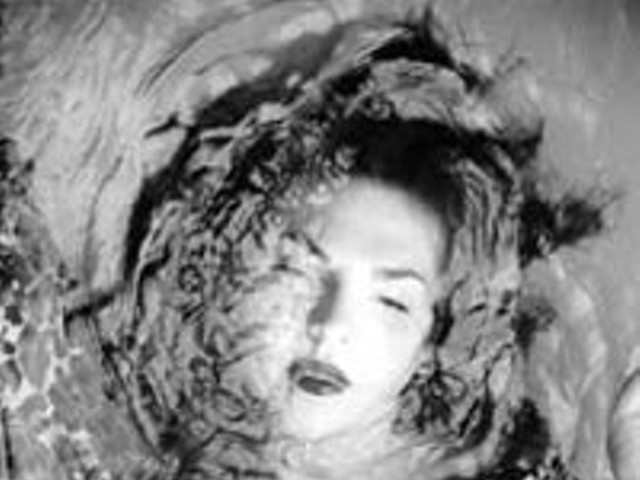In researching Moms Mabley: The Naked Truth, which opens at the Detroit Repertory Theatre on Sept. 23, writer and director Reuben Yabuku found elements of Mabley’s life that echo the key issue of struggle.
Yabuku says that Mabley, like most comedians, invented a face when she was performing. "This happy, funny person had, like most humans, good times, hard times, tragedies. The first thing that comes to mind about Moms are the hard times because, as it relates to her show business career, she is somebody who grew into the role."
In the case of Mabley, America’s infamous double-negative (black and female) played against her so much that the Mabley character – a funny old woman who dressed like a maid – had to be her escape.
Black women were not very popular on the American stage of the 1930s. And yet, Mabley’s style and persona became the antidote to the racial diseases that plagued her aspirations.
The play attempts to reveal aspects of Mabley’s (whose real name was Loretta Mary Hankins) private life that few people know.
"She started playing the granny character of Moms Mabley when she was in her 20s," Yabuku reveals, "and she became popular to the world … if you were traveling the vaudeville circuit or attending black clubs throughout those early years, you knew her. But when she became famous to the world, got her crossover thing, she had become a grandma. She was of that age."
My husband was uuugggglllllaaayyy. Boy, he was so ugly, he hurt my feelins. –Jackie "Moms" Mabley
Mabley was indeed a rarity: a black, female standup comic. Though she managed to leap from the vaudeville stage and support herself through the Mabley character, there is still tragic irony in Hankins’ success. Think about how people refer to sheets of Scott tissue as "Kleenex." Scott has no identity in its market. Likewise, in order to escape the stigmatized condition of the black comic/entertainer and flourish on the world stage, Hankins had to exchange her true self and be known only as Moms Mabley.
"We (African-Americans) have an uncanny ability to tie in to our circumstances and our lives, and pull from that ways to make it easier for ourselves," says Linda Boston-Gilbert, who plays Mabley in the upcoming show.
"Comedy can do that. Back in times of slavery, we would sing. Not because we were happy, but because it helped us cope with slavery. We find certain things comedic that other races don’t see as comedic. That has to do with our ability to cope. We have enormous coping skills that other people don’t have."
Khary Kimani Turner is a freuent contributor to Metro Times. E-mail him at [email protected]




